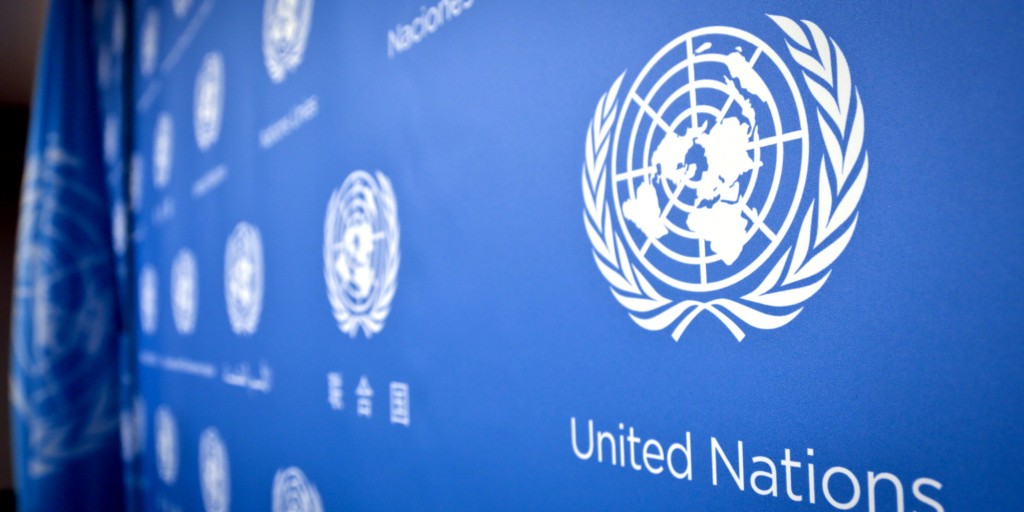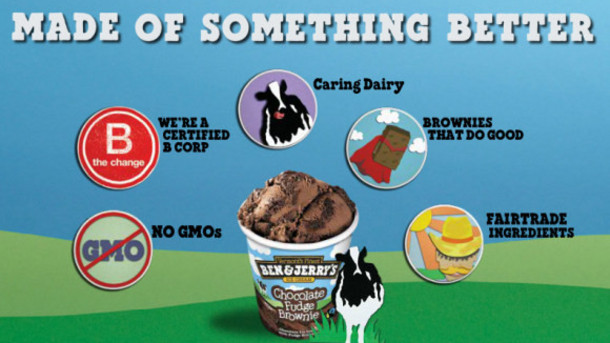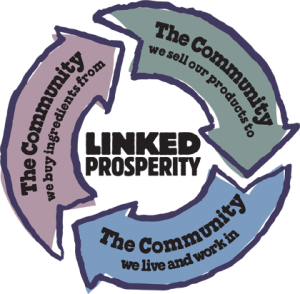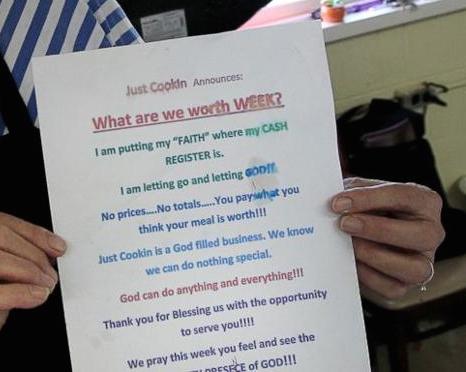If the United Nations were fully funded, it would be the global saviour as it removes all financial insufficiencies and eradicates poverty globally. NGO’s and governments would never have to worry about funding. However, this is the ultimate solution our world strives to achieve, but not the only result we wish to obtain.
While the UN can facilitate funding, it gives rise to one problem – interminable funding. If the UN were to provide locals with sums of money to improve their quality of life, this is an impractical solution. Without educating locals how to live independent of aid and succeed individually, they would not be able to progress further. Locals would forever be dependent of the UN and this vicious cycle only continues in future generations.
On the other hand, the ARC and social enterprise focus on a “two-way exchange of knowledge and business skills” and equip communities with tools that they can further. They identify and attack the root of problems rather than gifting quick fixes. In other words, they focus on the process not the product only. They strive to create value and increase social welfare. Furthermore, this two way exchange facilitates mutual growth and increases economic welfare as both parties gain off each other.
The UN would definitely be an asset to launching projects and providing short term support, but the Arc and social enterprise is the sustainable and fruitful solution in the long run. Therefore, our world needs both.















